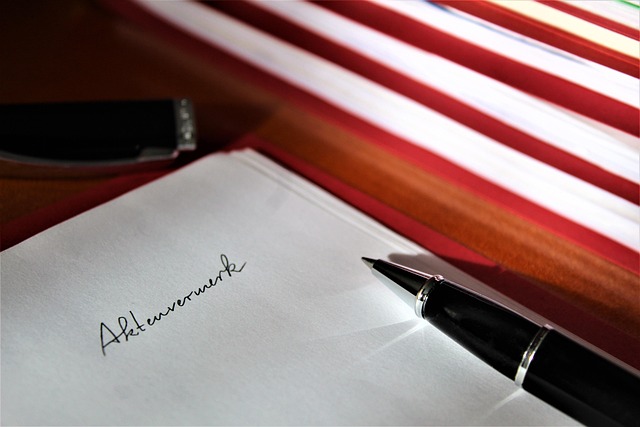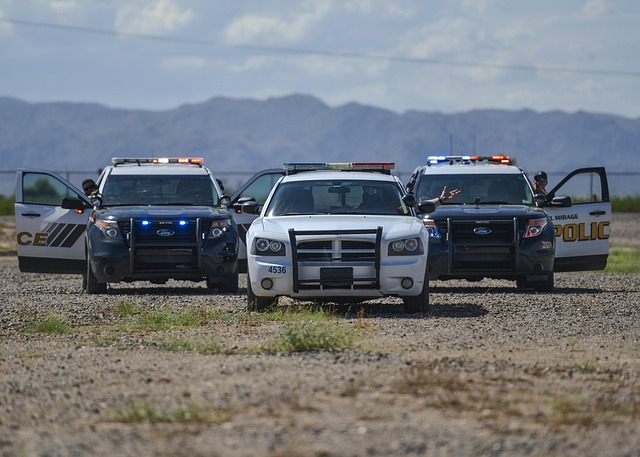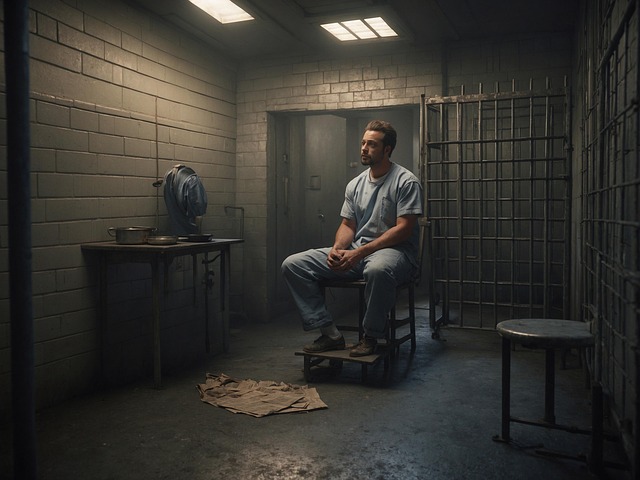C-Level Investigations champion justice by overturning wrongful convictions through meticulous steps: navigating legalities, gathering evidence, interviewing witnesses, and strategic court presentations. With support from philanthropists and politics, their process ensures fairness, exposing truths and exonerating the innocent using cutting-edge techniques and established protocols. Understanding post-appeal procedures is crucial for individuals to challenge convictions effectively.
In the complex world of criminal justice, C-level investigations play a pivotal role in unraveling wrongful convictions. This article delves into the intricate process behind launching high-level appeals, exploring key steps such as understanding motivations, navigating legal frameworks, and gathering compelling evidence. From post-appeal procedures to potential outcomes, readers will gain valuable insights into the strategies and considerations involved in Steps to Overturn a Wrongful Conviction.
- Understanding the Motivation Behind C-Level Investigations
- Legal Framework for Launching High-Level Conviction Appeals
- Gathering Evidence to Support Overturning Wrongful Convictions
- Navigating Post-Appeal Procedures and Potential Outcomes
Understanding the Motivation Behind C-Level Investigations

In the realm of justice, C-Level Investigations play a pivotal role in ensuring fairness and correcting miscarriages of justice. The motivation behind these inquiries is often driven by the desire to overturn wrongful convictions, a critical step towards achieving true justice. When individuals or entities, be it corporate or individual clients, are accused of crimes they did not commit, the system demands a thorough examination. This meticulous process involves navigating complex legal landscapes and delving into every aspect of the case, from gathering evidence to interviewing witnesses.
The success of C-Level Investigations lies in their unprecedented track record of achieving justice for those wrongfully accused. By meticulously following established protocols and employing cutting-edge techniques, these investigations ensure that all stages of the investigative and enforcement process are conducted impartially. This dedication results in a robust defense strategy aimed at exonerating the innocent and ensuring the guilty face consequences fitting their crimes.
Legal Framework for Launching High-Level Conviction Appeals

The legal framework for launching high-level conviction appeals is a complex and meticulous process designed to ensure fairness and justice. When individuals or organizations seek to overturn a wrongful conviction, they must navigate through a series of steps that involve both legal strategy and robust evidence gathering. This involves careful consideration at every stage, from the initial investigation to presenting appeals in court.
Understanding the nuances of laws and regulations pertaining to white-collar and economic crimes is paramount. The philanthropic and political communities play a crucial role in supporting individuals who may have been wrongfully convicted, funding legal representation, and advocating for procedural reforms across all stages of the investigative and enforcement process. By employing these steps effectively, those seeking to overturn convictions can challenge the validity of their trial, presenting compelling evidence that may ultimately lead to the reversal of their sentence.
Gathering Evidence to Support Overturning Wrongful Convictions

In cases where individuals are wrongly convicted, gathering solid evidence to support an appeal is paramount. This process involves meticulous investigation, interviews with witnesses, and a thorough review of existing evidence. Legal teams take steps to overturn a wrongful conviction by scrutinizing every detail, ensuring fairness and justice. An unprecedented track record of success can be achieved through this methodical approach, where the focus remains on uncovering the truth.
The process encompasses all stages of the investigative and enforcement process, from initial fact-finding missions to legal submissions. It demands collaboration between lawyers, investigators, and experts who contribute their unique skills. This collaborative effort is crucial in navigating the complexities and addressing any loopholes or inconsistencies. By engaging the support of philanthropist and political communities, resources are mobilized to ensure comprehensive investigations, ultimately strengthening the case for a potential reversal.
Navigating Post-Appeal Procedures and Potential Outcomes

After a conviction, individuals often look for steps to overturn a wrongful verdict, especially when facing severe consequences. Post-appeal procedures involve navigating a complex legal landscape, which demands strategic planning and expertise in white-collar defense. The process entails careful consideration at every stage of the investigative and enforcement process, from gathering new evidence to presenting compelling arguments before the court.
Understanding these procedures is crucial for ensuring fairness and justice. By examining all available options, individuals can challenge their convictions effectively. This may include motions for a new trial based on newly discovered evidence or errors in the initial proceedings. Ultimately, the goal is to set aside an unjust verdict and protect the rights of those affected throughout the entire process.
C-Level investigations represent a critical step in rectifying wrongful convictions. By understanding the motivation, navigating legal frameworks, and gathering robust evidence, individuals can follow defined procedures to overturn unfair verdicts. These steps are essential for justice and provide closure for those wrongfully convicted, ensuring a fairer system for all.






